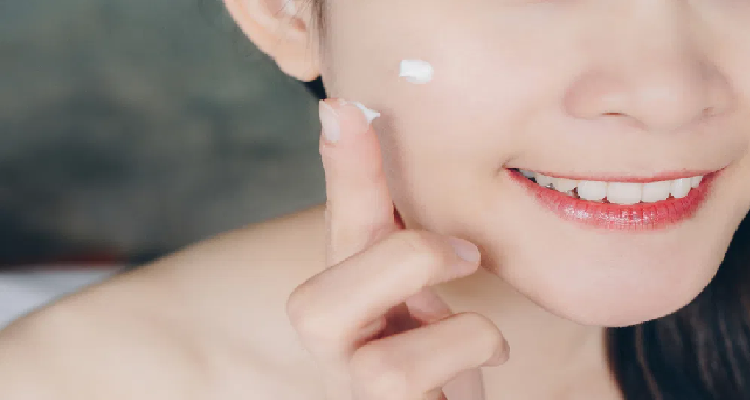Can You Use Hydrocortisone on Acne Spots?

Acne tends to be most common in tween and teens, though adults aren’t immune from it and can often experience breakouts, even as they get older. Because acne is an inflammatory condition, it makes sense to assume that using hydrocortisone cream, which is an anti-inflammatory topical medication, can help. However, it’s always best to talk it over with your dermatologist first to be sure it’s the right decision for your specific skincare needs. In the meantime, here’s what you should know about applying hydrocortisone to acne spots.
Causes of Acne
Acne can be caused by a variety of factors and the one you’re dealing with might influence whether or not hydrocortisone is the right treatment option for you or not. A breakout or pimple occurs when oil, dirt or product builds up in your pores and clogs them. It can also happen due to hormones, both during a surge or when there is any other kind of imbalance. Acne usually appears as rough bumps or fluid-filled pimples on the face and can be accompanied by redness and swelling. You might also experience breakouts on other parts of your body.
What is Hydrocortisone Used For?
Hydrocortisone is not approved as an acne medication. It does not kill the bacteria that causes pimples and is not a substitute for preventing breakouts. However, it is a good choice for reducing inflammation, swelling and redness, making it a viable way to help improve the appearance of acne as you wait for it to clear up.
Hydrocortisone for Acne
Most experts don’t recommend using hydrocortisone for acne by itself. It should be used in conjunction with other medications approved for breakouts. In fact, hydrocortisone has been shown to be most effective when combined with treatments that contain benzoyl peroxide. This is because hydrocortisone helps combat the redness and swelling and the benzoyl peroxide helps clear up the acne.
How to Use Hydrocortisone for Acne
As mentioned above, it’s best to combine hydrocortisone with approved medications for treating acne. At the same time, it’s important to apply it properly to get the best results from it. Before applying hydrocortisone, you should always thoroughly cleanse and dry your face. Apply a small amount of the cream to your acne and gently tap to rub it in. You can safely use hydrocortisone up to four times daily on your acne. You can also combine hydrocortisone cream with a gentle exfoliator to help clean and clear your skin.
Things to Consider
As with any topical medication, it’s always a good idea to understand the potential side effects so you know what to look out for. Side effects from hydrocortisone are uncommon but include burning, itching, irritation, swelling, pain and worsening acne. It might also cause changes in skin color and hair growth in the area. If hydrocortisone doesn’t help your acne or causes any of these side effects, it’s a good idea to see your dermatologist to talk about alternate options for treating your breakouts.